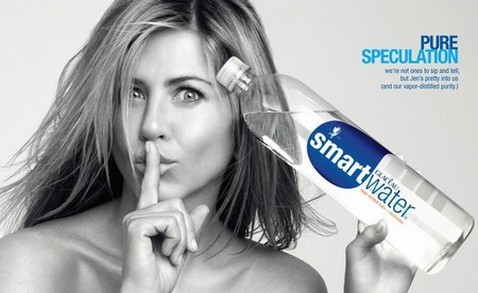
The Paradox of Sexual Appeal in Advertising
In an ever growing world of digital media and advertisements, it has been very difficult for advertising agencies to break through the clutter and get the attention of the public knowing that a normal individual is bombarded on average with 3000 to 5000 ads per day. Thus, advertisers investigated for various and innovative ways to differentiate their advertising strategies from their rivals.
Sex appeal is one of the methods that have proven to be very successful and was able to break through the clutter which raises the possibility of attracting customers’ attention and lead them to choose a product over another. However, sometimes the effect of sex appeal may hinder communication of the advertising message and brand and could have a detrimental effect on customer understanding, brand recall, attitude and behavior.
Nowadays, sexually oriented appeals are becoming more common, widespread and growing in the world of media and marketing. The increasing use of sexual stimuli in advertising indicates that companies are advertising in ways to effectively increase awareness and sales of their products. For instance, sex has become a very powerful tool used in most popular magazines. Advertising executives use powerful graphics to get and hold the audience’s attention to watch an ad. From a marketing point of view, sexual appeal stimulates biological instincts thus creating a motivational factor in the midst of a saturated media environment which attracts attention and affects the customer’s persuasion. Sex can play different roles in advertising; it can act initially as attention grabber to lure the ad, enhancing the message recall and evoking emotional responses.
Sometimes sex appeal may be used inappropriately when it is solely used as an attention device, exploiting the female body, degrading the female’s role and insulting decency creates a weak brand recall and may create a negative attitude towards the brand. Sexually appealing content may be eye-catching but it may also distract the viewer from the purpose of the advertisement, clarity of the message conveyed and will generate a weak recall of the brand name. Overt sexual content may interfere with the consumers’ ability to process information and comprehension and may reduce customers’ purchasing intentions. For instance, nudity and erotic content was proven to increase the viewers’ attention but not necessarily brand recall and creating a positive attitude towards the brand. Actually the explicit content will draw the audience’s attention to the sexual content and distract the real message and reading the information of the ad. A study initiated on a group of 20 university students in the US revealed that explicit nudity ads were rated among the most unappealing ads and most subjects were unable to recall the brand name of the advertisement while on the other hand, the ads utilizing a sex appeal were rated among the most appealing to the viewers.
There is no doubt that sex does sell and sex appeal in advertisements facilitate recognition and grab the attention of viewers and can create a more favorable attitude ratings. However, too much reliance on sex in advertising can be counterproductive if it exceeds the appropriate level of explicitness.